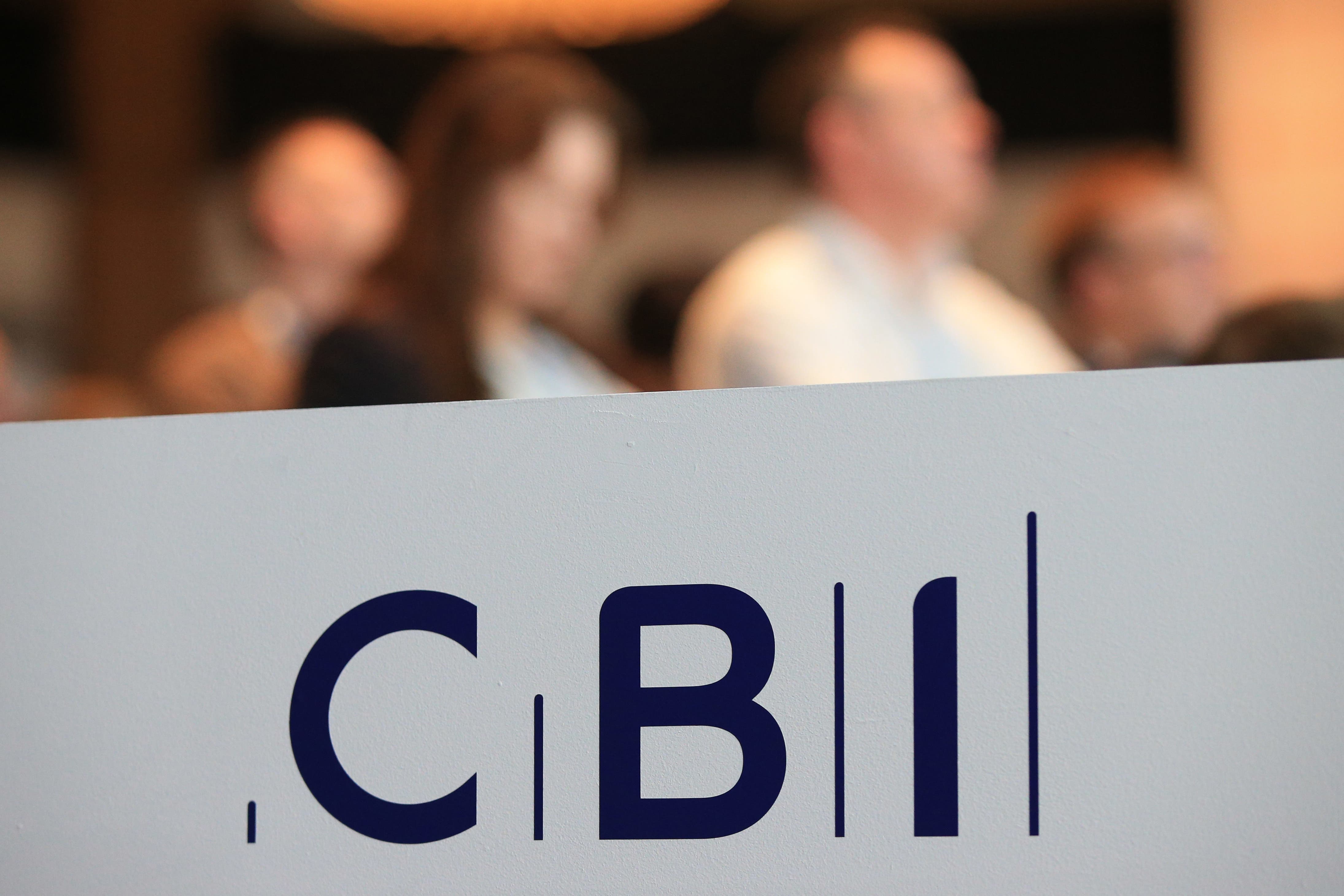The Confederation of British Industry was formed by the merger of three bodies representing business in 1965, in the heyday of what was known as corporatism.
The assumption since the Second World War had been that representatives of business, or more narrowly employers, should “get round the table” with trades unions and government to decide what the British economy needed and make the arrangements necessary to achieve it. By 1965, the intellectual fashion of the day was in favour of even more national planning.
The Labour government, led by Harold Wilson, had come to power hoping that a more systematic national plan would help the British economy to make a great leap forward in productivity – after the failure of the “dash for growth” under Harold Macmillan in 1962. The consensus across both main parties was that state planning gave the citizens of the Soviet Union an advantage over the capitalist world and that we would have to join them to beat them.
It did not work out like that, for either the capitalist world or the communist one, but corporatist attitudes proved remarkably resilient. Edward Heath’s government briefly tried a different kind of “dash for growth”, pursuing a free-market policy by which individual employers were encouraged to make their own decisions without attempting national coordination.
The bust that followed the Barber Boom forced that approach to be abandoned, and the 1970s Labour government returned to incomes policy, price controls and national planning through the National Economic Development Council.
It was not until Margaret Thatcher’s government that corporatism was decisively overthrown. The institutions representing the “two sides of industry”, the CBI and the Trades Union Congress, underwent big changes.
The CBI adjusted under the leadership of Sir Terence Beckett, becoming an effective lobbying organisation for the interests of big companies, while fending off the challenge from the more ideological upstart, the Institute of Directors.
Meanwhile, the trade unions lost members and influence.
The durability of the CBI over the past few decades seemed to attest to its success in making itself a useful partner to government. In the New Labour era, in which an element of corporatism was revived in the concept of consultation with “stakeholders”, the CBI proved itself by the quality of its policy work. So much so that it remains one of the three-letter abbreviations, like the TUC and the BBC, that do not generally need to be spelt out in news reporting.
But now the organisation is in crisis over allegations of sexual misconduct on the part of several senior staff and former staff. Its director general has been sacked, and although his replacement, Rain Newton-Smith, is highly thought of, the organisation’s survival is in doubt, as dozens of companies have cancelled or paused their membership fees.
The crisis has nothing to do with the organisation’s work, but as an extreme random event it looks as if it will force the organisation to justify its existence from first principles. In effect, it will have to answer the question: if the CBI did not exist, would its member firms and member trade associations invent it? Its survival since 1979 suggests that they have thought its services worth the money they pay to belong to it, but it may be no bad thing for the organisation to rethink itself from the ground up.
The CBI may be about to provide its members with a rather drastic case study of zero-based budgeting – a good discipline for many successful businesses.




Join our commenting forum
Join thought-provoking conversations, follow other Independent readers and see their replies
Comments